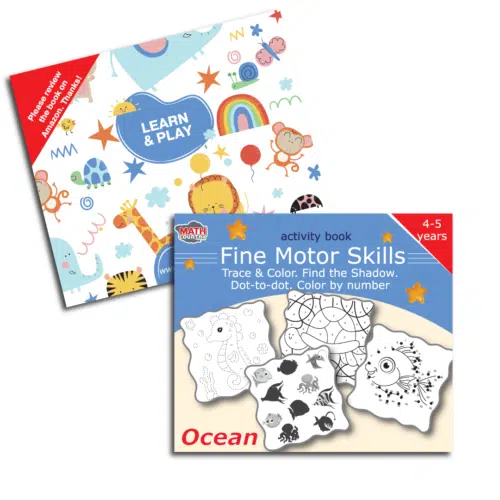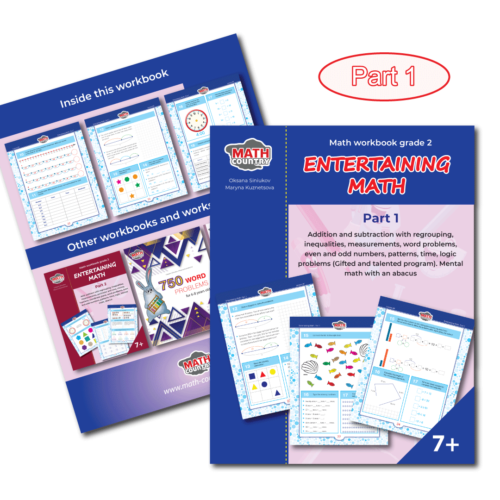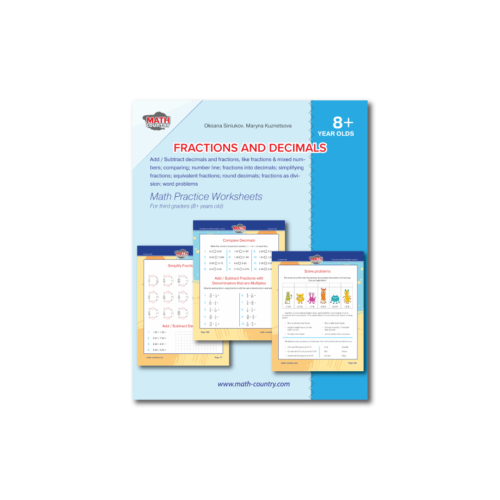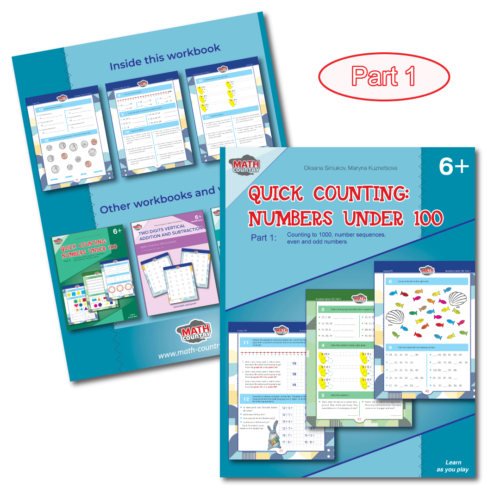Author
Aleksandr
Share
Author
Aleksandr
Share
- Introduction.
- Cognitive Benefits.
- Academic Benefits.
- Social Benefits.
- Practical Benefits.
- Strategies for Teaching Mathematics to Young Children.
- Conclusion.
I. Introduction
Mathematics is a fundamental aspect of our daily lives. From counting money to measuring ingredients, we use math skills constantly. Thus, it’s essential to introduce mathematics to young children at an early age. Children are naturally curious and are constantly exploring the world around them, making the ages of 3-4 years a great time to start introducing them to math concepts. Early math education not only lays the foundation for future academic success, but it also enhances cognitive, social, and practical skills that are crucial for everyday life. In this article, we’ll discuss the benefits of introducing math to young children and provide strategies for parents and caregivers to facilitate their learning.
II. Cognitive Benefits
Math education is essential for cognitive development in young children. Math concepts such as counting, sorting, and identifying patterns improve problem-solving and critical thinking skills. When children engage in math activities, they learn to recognize relationships between objects and numbers, which enhances spatial awareness and reasoning abilities. These skills are fundamental in helping children learn how to solve problems in the future.
III. Academic Benefits
Early math education is correlated with academic success. A study conducted by the National Science Foundation found that children who have a strong math foundation in the early years of life are more likely to succeed in later academic pursuits. Math education can also support learning in other subjects, such as science and technology.
IV. Social Benefits
Math education not only enhances cognitive and academic skills, but it also fosters positive attitudes towards learning. When children are encouraged to explore math concepts, they develop communication and language skills by discussing their ideas with others. Early math education also helps children develop social and emotional skills, such as patience and perseverance, which are essential for success in life.
V. Practical Benefits
Early math education prepares children for everyday life situations. For example, children who have a solid understanding of math concepts can apply them to making purchases, calculating measurements, and planning activities. Math education also enhances financial literacy, which is a crucial skill in adulthood. Furthermore, a strong foundation in math can increase job opportunities and career readiness.
VI. Strategies for Teaching Mathematics to Young Children
There are several strategies that parents and caregivers can use to facilitate math learning in young children. Play-based learning is a fun and engaging way to introduce math concepts. Activities like sorting objects by color or shape, counting toys, and building with blocks are great examples of play-based math activities. Hands-on activities, such as measuring ingredients while cooking or creating patterns with beads, can also help children grasp math concepts. Incorporating technology is another way to enhance math education, whether it’s through educational apps or interactive games. Finally, working with parents and caregivers to provide resources and support can further enhance children’s math education.
VII. Conclusion
Early math education is a crucial aspect of a child’s development. Introducing math concepts to young children not only lays the foundation for future academic success, but it also enhances cognitive, social, and practical skills that are crucial for everyday life. By incorporating fun and engaging activities, parents and caregivers can help children develop a love for math that will serve them well throughout their lives.
Stay in the loop




